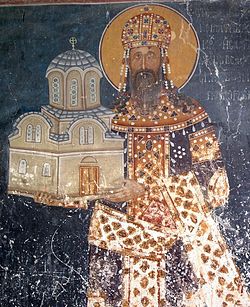
| Years |
|---|
| Millennium |
| 2nd millennium |
| Centuries |
| Decades |
| Years |
| 1321 by topic |
|---|
| Leaders |
| Birth and death categories |
| Births – Deaths |
| Establishments and disestablishments categories |
| Establishments – Disestablishments |
| Art and literature |
| 1321 in poetry |
Year 1321 ( MCCCXXI ) was a common year starting on Thursday of the Julian calendar.